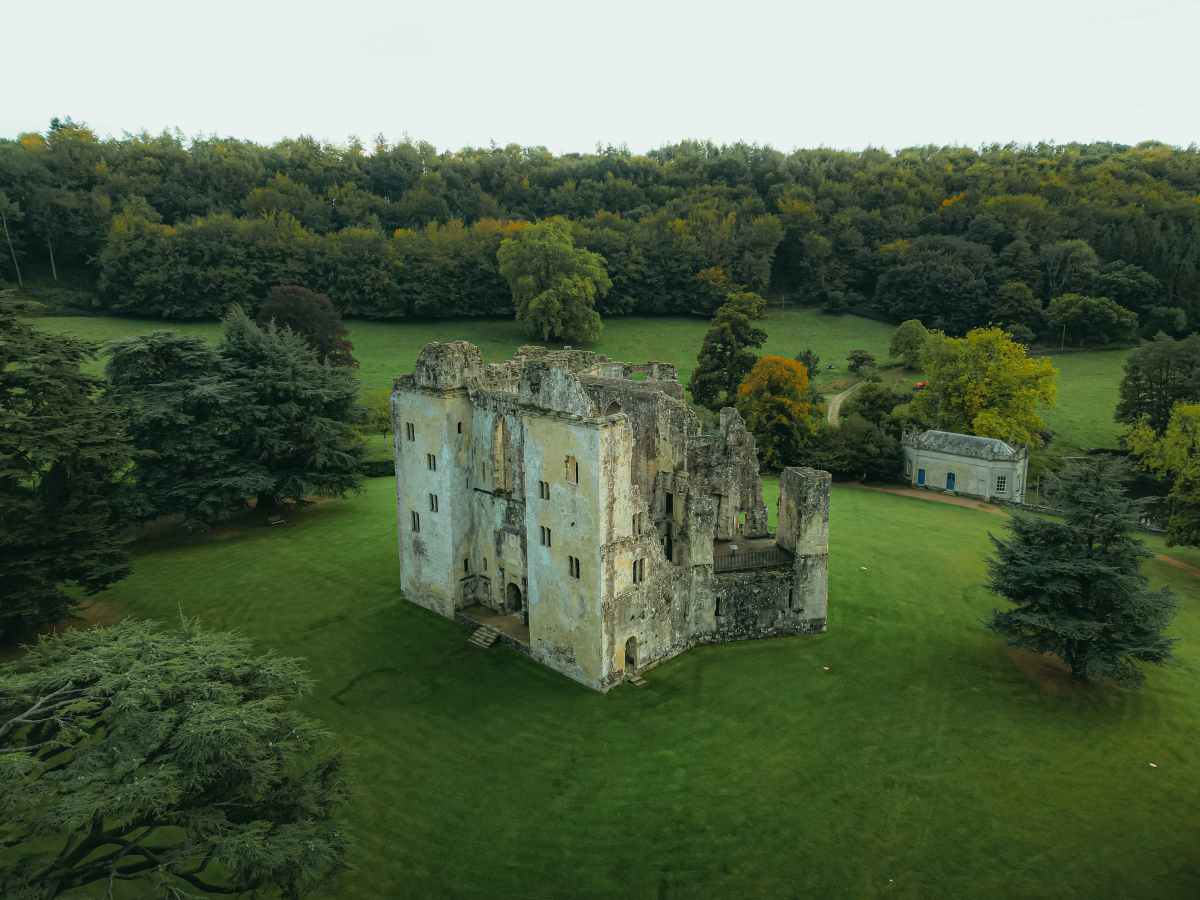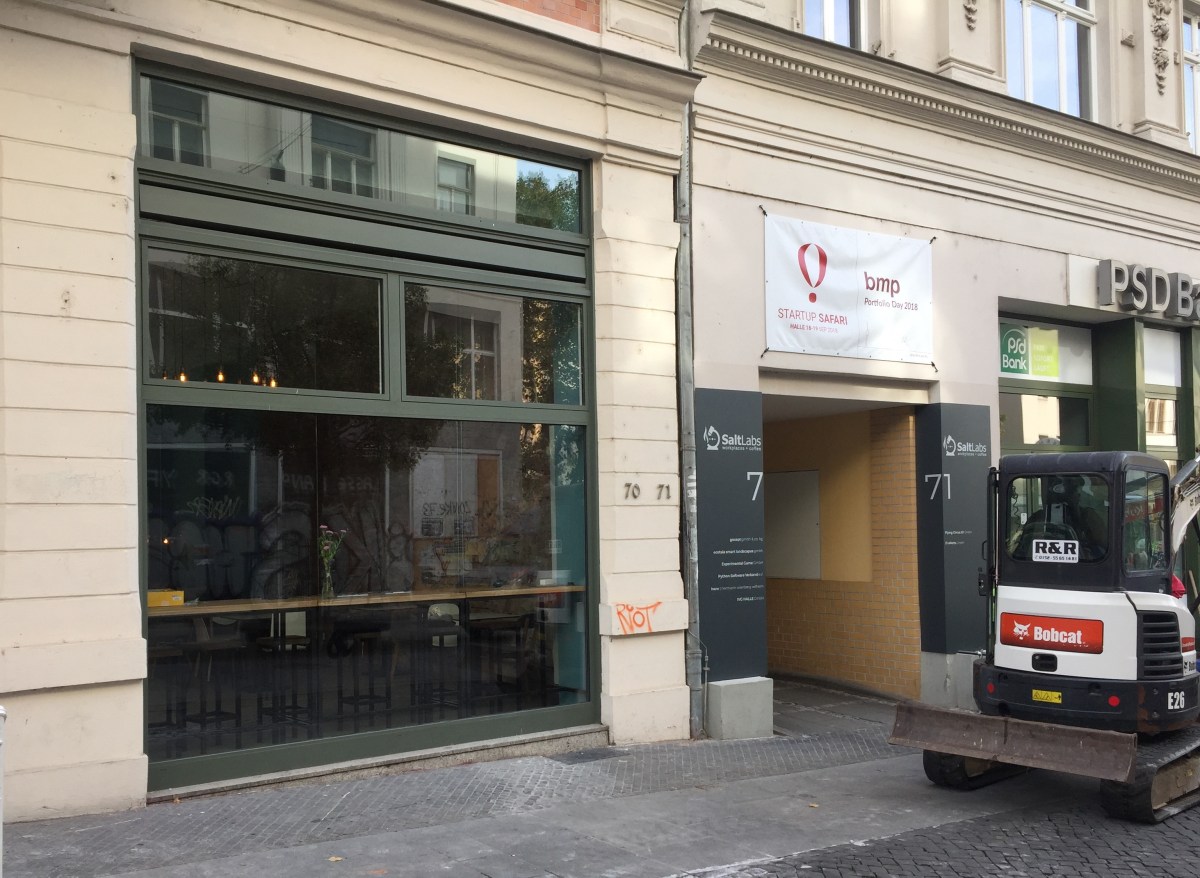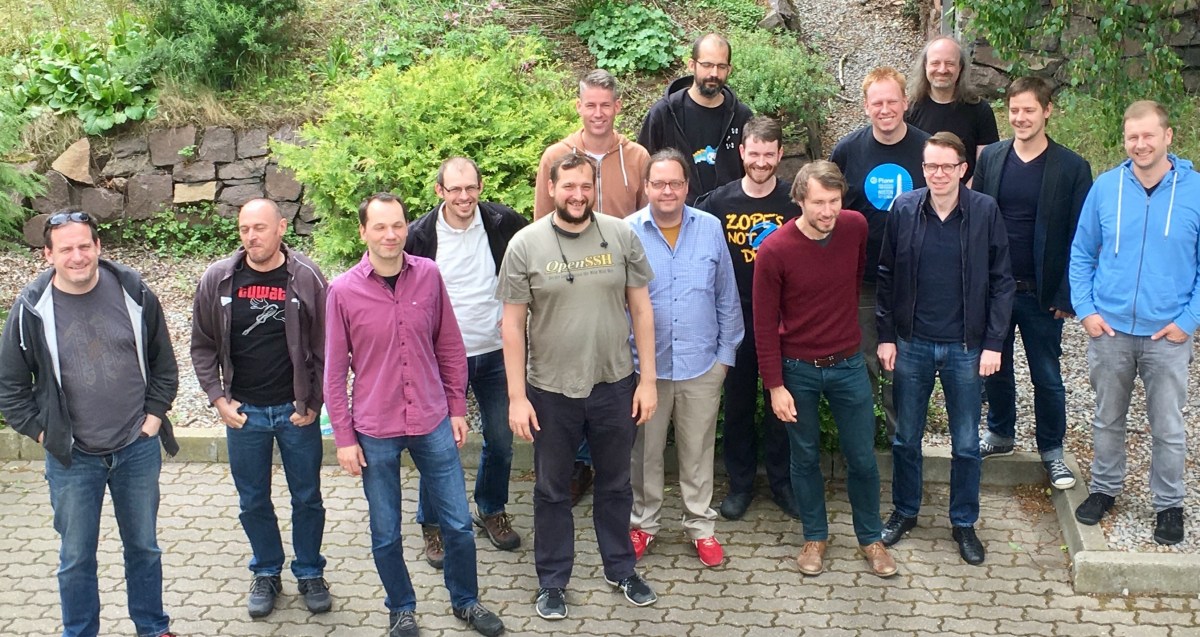After writing so many teardowns in tests for software projects for customers, open source projects and in house software, it is now time for the gocept folks to finally work on a last teardown of the company itself. After 23 years of existence gocept will close the doors and stop operating business at 2023-11-30. The developers found a new home at the wonderful company Minddistrict. There we will work in a product team and build software to empower people to take care of their mental well-being.
Customers
We want to thank all our customers for their trust in us over the years and for the often multi year long collaboration. Sometimes gocept was a bit on the bleeding edge of technology and often that was shining through in the development work. But we did our best to provide the individual software applications to the needs of our customers.
Open Source Software
It was in the very essence of gocept to work with open source software. The company grew with Zope and contributed to the Zope ecosystem. Out of this relationship many events were supported like DZUG-Tagung, a EuroPython Conference and in particular in the last years a round of Zope sprint to ensure compatibility and stability in the Python 3 wonderland. We are very happy, that Minddistrict also builds its core product on zope.* packages and that we can further contribute to the open source world.
Most of the gocept.* packages on https://github.com/gocept have been archived or given to the people and companies, that still use them. In case you need to work with them, please contact mail@gocept.com or the respective maintainers on PyPI. We will be able to unarchive the package and if necessary transfer the release rights.
gocept folks
Some parts of gocept already left the company in 2014 and formed https://flyingcircus.io/. They are more successful than ever providing a very good and individual hosting and, more important, operation solutions for bigger applications and complex setups. They took over the dedication to software and to new technology, and they are good colleagues to work with.
The remaining 4 developers at gocept join the Minddistrict company and will work there in a bigger team to empower people to take care of their mental well-being in the Netherlands, in Germany and the DACH-region. We will still keep an office in Halle, so there might be a chance to stop by.
The last Christian of gocept (in a row of many) will continue his management work within the Saltlabs and the Koffij – with the mission to develop modern, contemporary and flexible workplaces in Halle and build communities that motivate and offer pleasant working environments.
gocept.cleanup()
In case you need anything or want to reach us, please find us on GitHub (or the place to be in the future) or write an email to mail@gocept.com.







